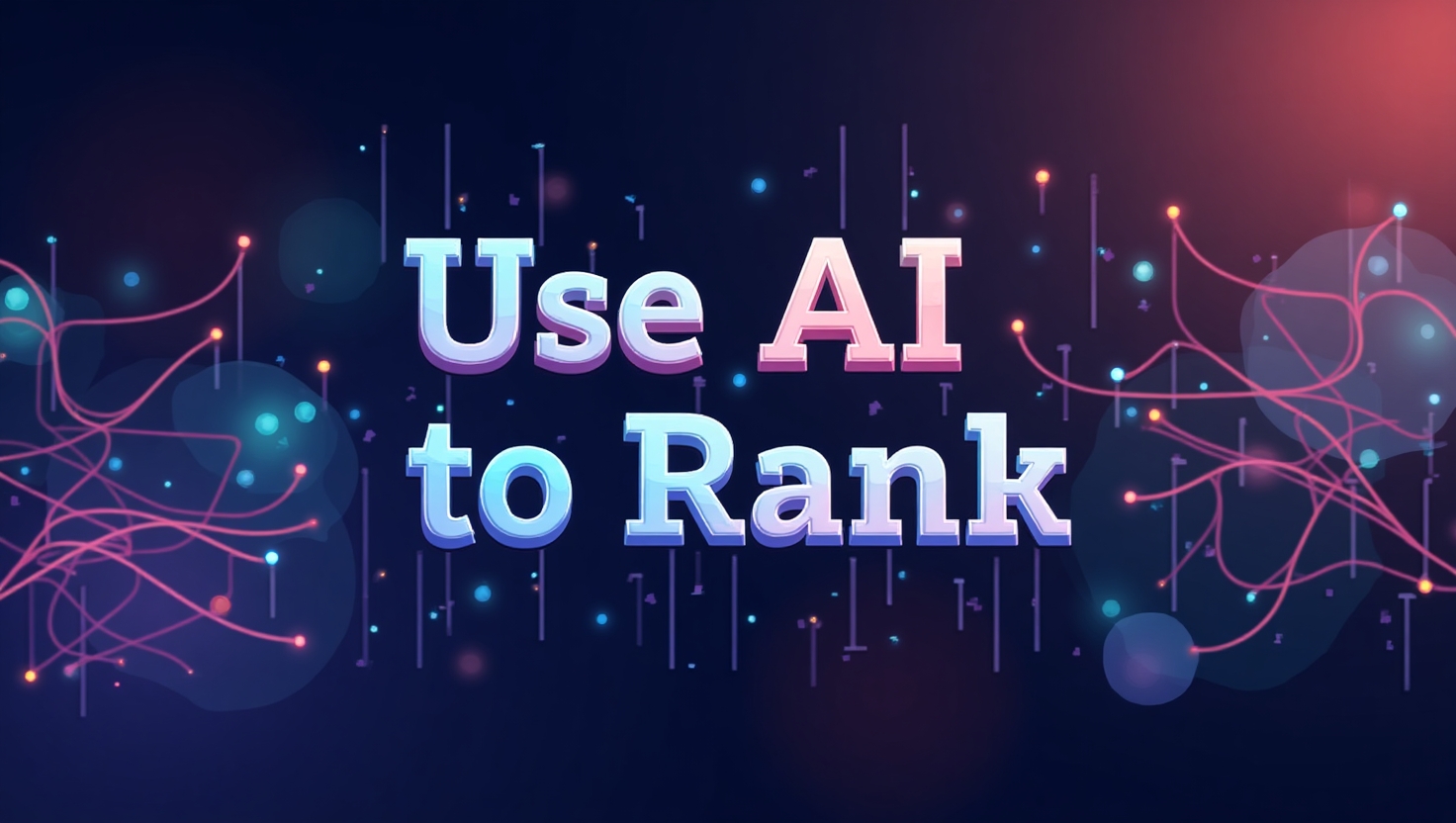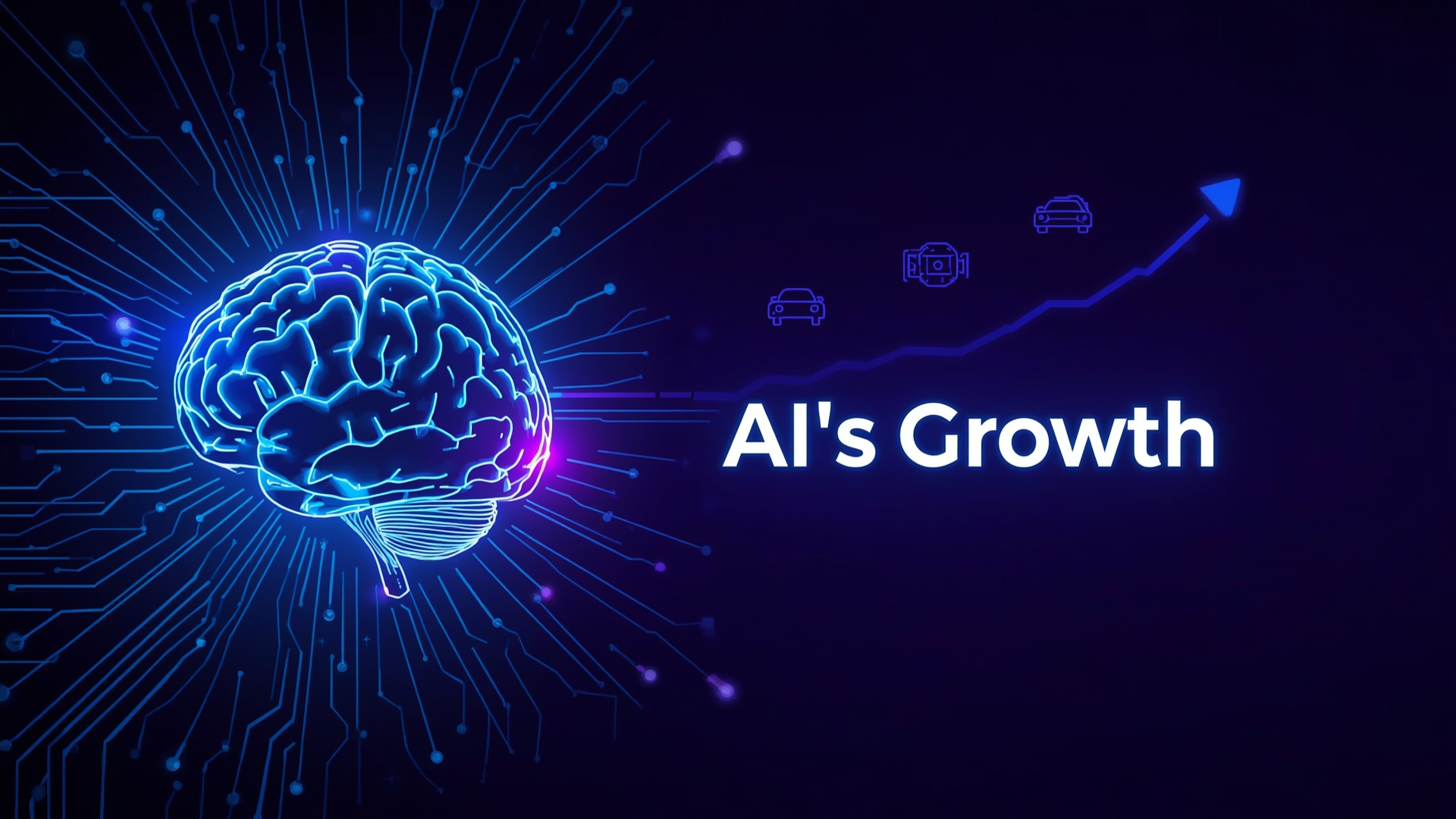03 | Dec
Clevpro
03 Dec, 2024
How AI is Revolutionizing the Future of E-Commerce
- Introduction
Think about the last time you shopped online. Was the experience smooth, intuitive, and almost as though the website knew exactly what you wanted? That’s artificial intelligence (AI) at work. It's changing the way e-commerce works, improving everything from operational efficiency to tailored suggestions. Beyond simply accelerating purchases, AI is revolutionizing how businesses engage with their clientele.
- AI: More Than Just a Trend
In the e-commerce world, AI isn’t a buzzword; it’s the engine driving change. Businesses may lead rather than just compete by utilizing potent tools like automation, machine learning, and predictive analytics. Online shopping is now more intelligent, quicker, and customized than before thanks to the use of AI technologies.
- AI-Powered Personalization
- Personalized Product Recommendations
Imagine browsing an online store, and every product suggestion feels like it’s tailored for you. This is how recommendation systems driven by AI work.
Platforms like Amazon and Netflix excel at this by analyzing browsing history, purchase patterns, and preferences to deliver spot-on suggestions.
- Dynamic Pricing Models
AI enables businesses to implement dynamic pricing strategies, adjusting prices in real time based on demand, market trends, and individual customer behavior. This flexibility maximizes profits while offering competitive pricing to customers.
- AI-Driven Customer Service
- Chatbots and Virtual Assistants
Chatbots like those powered by ChatGPT provide instant assistance, resolving queries in seconds. These bots are programmed to handle common questions, freeing up human agents for complex tasks.
- Sentiment Analysis in Customer Support
AI tools can analyze the tone of customer messages to gauge satisfaction or frustration levels. This allows businesses to address concerns proactively, enhancing the overall customer experience.
- Inventory Management and Supply Chain Optimization
- Predictive Analytics in Inventory
AI helps predict inventory needs with remarkable accuracy. By analyzing historical data, it ensures businesses stock the right products at the right time, minimizing waste and reducing costs.
- Optimized Logistics and Delivery Routes
Delivery routes are optimized by AI algorithms that take weather and traffic into account.
This results in faster delivery times and reduced transportation costs, benefiting both businesses and customers.
- AI for Marketing Automation
- Targeted Advertising
AI-driven advertising platforms identify customer preferences and behaviors, ensuring ads reach the right audience. This boosts click-through rates and conversions.
- Email Campaign Optimization
With AI, email marketing becomes more effective. AI tools can craft engaging subject lines and tailor content for individual recipients, leading to higher open and click rates.
- Visual Search and Voice Commerce
- Transforming Search Experiences
Customers can upload photographs and quickly find similar products with visual search options. This simplifies the shopping process, especially for those seeking specific styles or designs.
- Voice Assistants in E-Commerce
Voice technology, led by Alexa and Google Assistant, enables users to shop hands-free. With simple voice commands, customers can browse, compare, and purchase products effortlessly.
- Fraud Detection and Cybersecurity
- AI-Powered Fraud Prevention
AI can detect and prevent fraudulent transactions by analyzing patterns and identifying anomalies. This ensures secure transactions for customers.
- Data Protection and Privacy
AI safeguards sensitive customer data through encryption and real-time threat detection. This promotes trust and guarantees adherence to data protection laws.
- The Rise of Autonomous Stores
Cashier-less stores like Amazon Go use AI to provide a seamless shopping experience. Shoppers can simply walk in, pick up items, and leave, with the payment processed automatically. This innovation could redefine retail shopping.
- AI and E-Commerce Trends for the Future
Hyper-personalization, improved AR/VR shopping experiences, and blockchain-integrated AI systems for safe transactions are just a few of the future developments that are anticipated to be driven by AI. The alternatives are endless, and companies need to keep ahead of the curve to remain relevant.
- Final Thoughts
Unquestionably, artificial intelligence is transforming the e-commerce sector by making it more intelligent, quick, and customer-focused. AI's possibilities are endless, ranging from individualized experiences to more efficient operations. Both consumers and businesses will have more opportunities as technology advances.
FAQs
- How does AI improve e-commerce personalization?
AI analyzes user data to deliver tailored product recommendations and shopping experiences.
- Can AI completely replace human customer service?
While AI handles routine queries, complex issues still require human interaction.
- Is AI safe for protecting sensitive customer data?
Yes, AI enhances security with encryption and real-time threat detection.
- What are some examples of AI in autonomous stores?
Amazon Go stores use AI for cashier-less shopping, offering a seamless experience.








